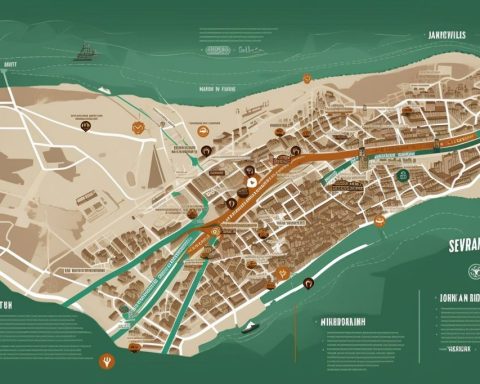The South African government has taken a significant step towards improving the Public Service Commission (PSC) by adopting and approving the publication of the draft PSC Bill of 2023. The aim is to transform the PSC into an independent and impartial constitutional body. Additionally, the proposed legislation seeks to extend the mandate of the PSC to include municipalities and public entities, fostering greater accountability and transparency throughout the country.
Public Input is Valuable
Recognizing the importance of public input in shaping effective policy, the government has made the draft PSC Bill of 2023 available for public comment. Interested individuals and organizations are encouraged to share their thoughts and suggestions on the legislation.
Variety of Submission Methods
The PSC’s commitment to public participation is evident in the variety of methods available for submitting comments. These include emailing the commission directly, hand-delivering written feedback to the PSC’s office in Pretoria, or sending comments via postal mail. The deadline to submit written comments is 30 days from the date of publication.
Contact Details for Additional Information
For those seeking additional information on the draft PSC Bill of 2023, the commission has provided contact details for Advocate Shukrat Makinde and Ms. Nontobeko Ngubane, who can offer further assistance. Additionally, inquiries can be directed to Mr. Humphrey Ramafoko, who serves as a point of contact for the PSC.
Strengthening Public Service
As a critical component of the South African public service, the PSC plays a central role in the administration and management of the country’s various sectors. With the help of public input, the new legislation will reflect the evolving needs of South Africa‘s society and ensure the continued growth and development of its public service.
Opportunity for Public Contribution
The PSC Bill of 2023 represents an essential step towards a more efficient and accountable public service in South Africa. As the deadline for public comments approaches, South Africans have a unique opportunity to influence the future of their public service and contribute to the nation’s progress. By engaging with the public and seeking their valuable insights, the government can craft legislation that meets the needs of its people and fosters a stronger, more inclusive society.












